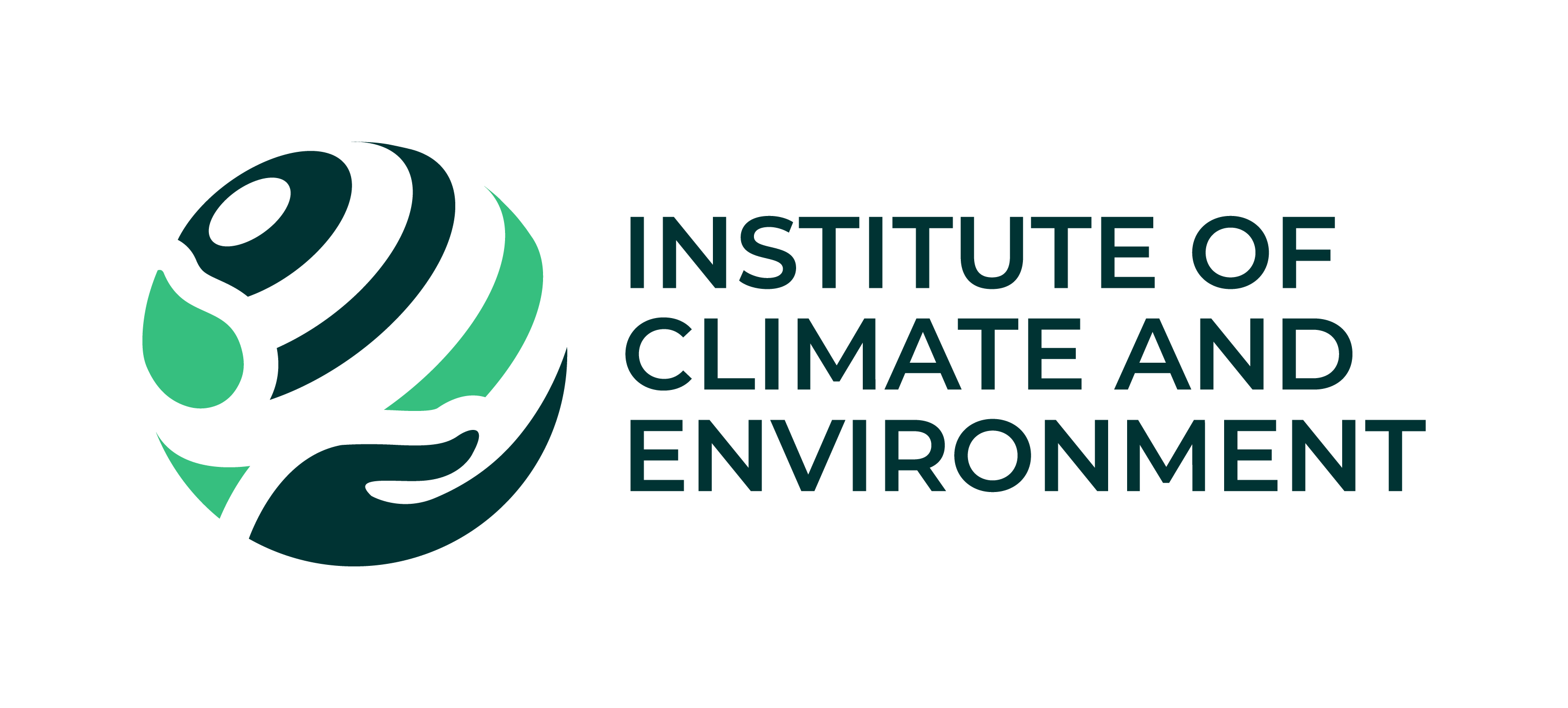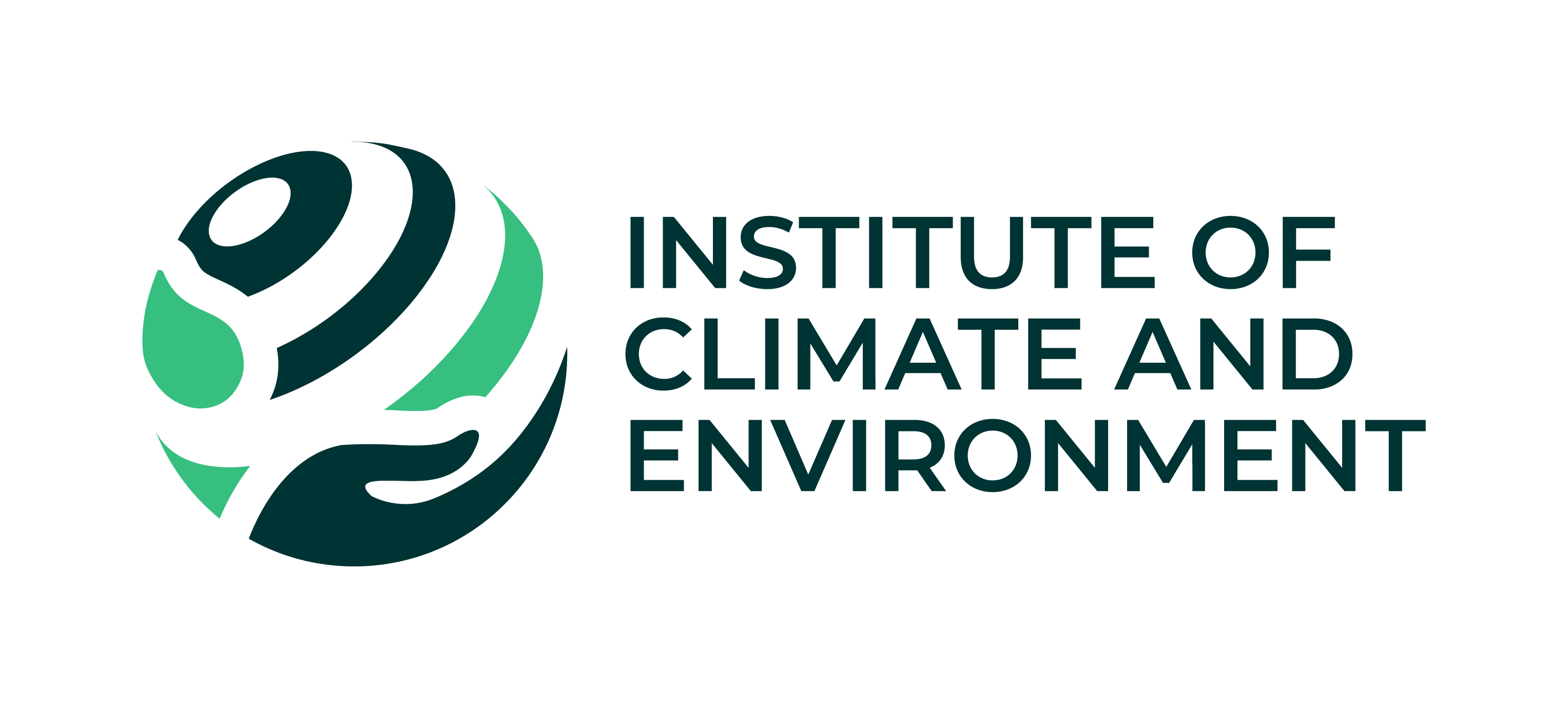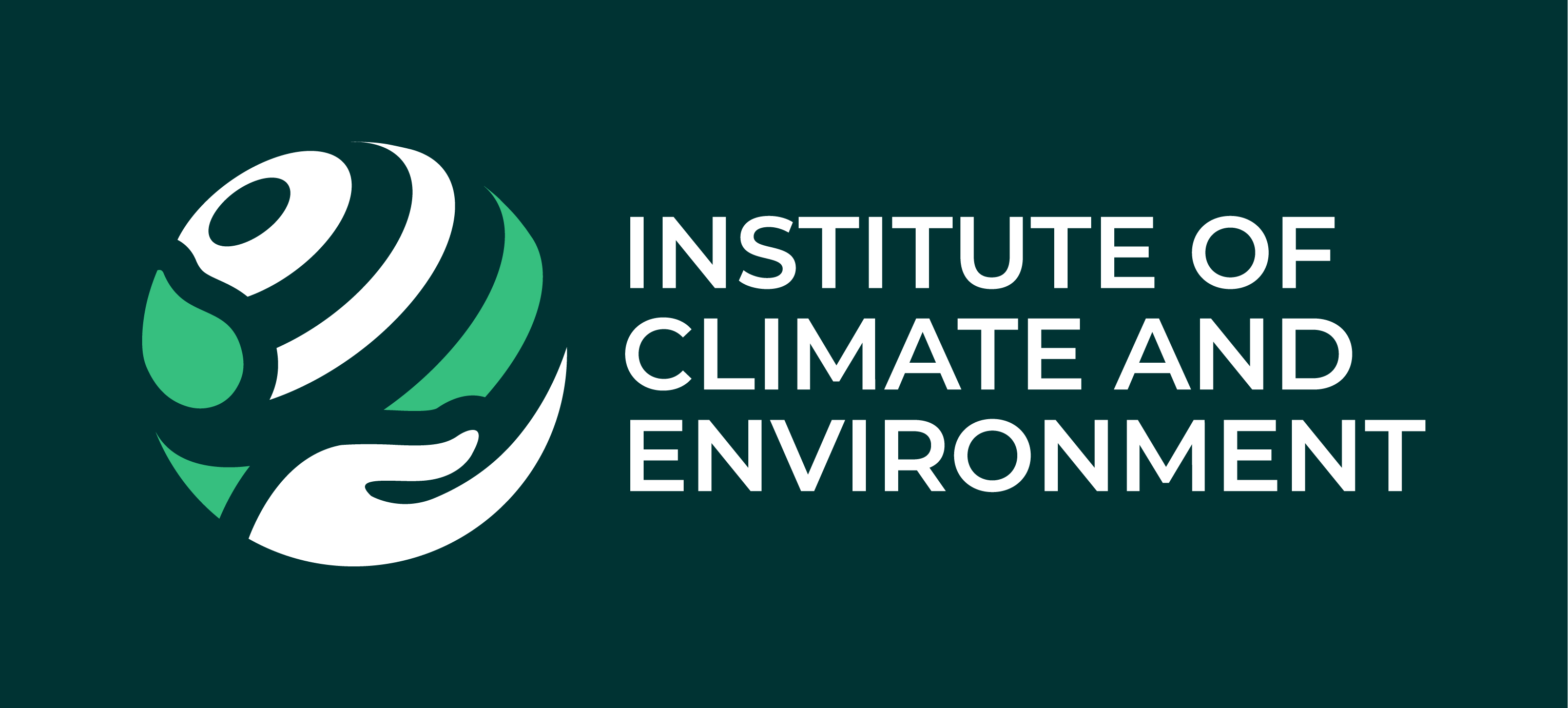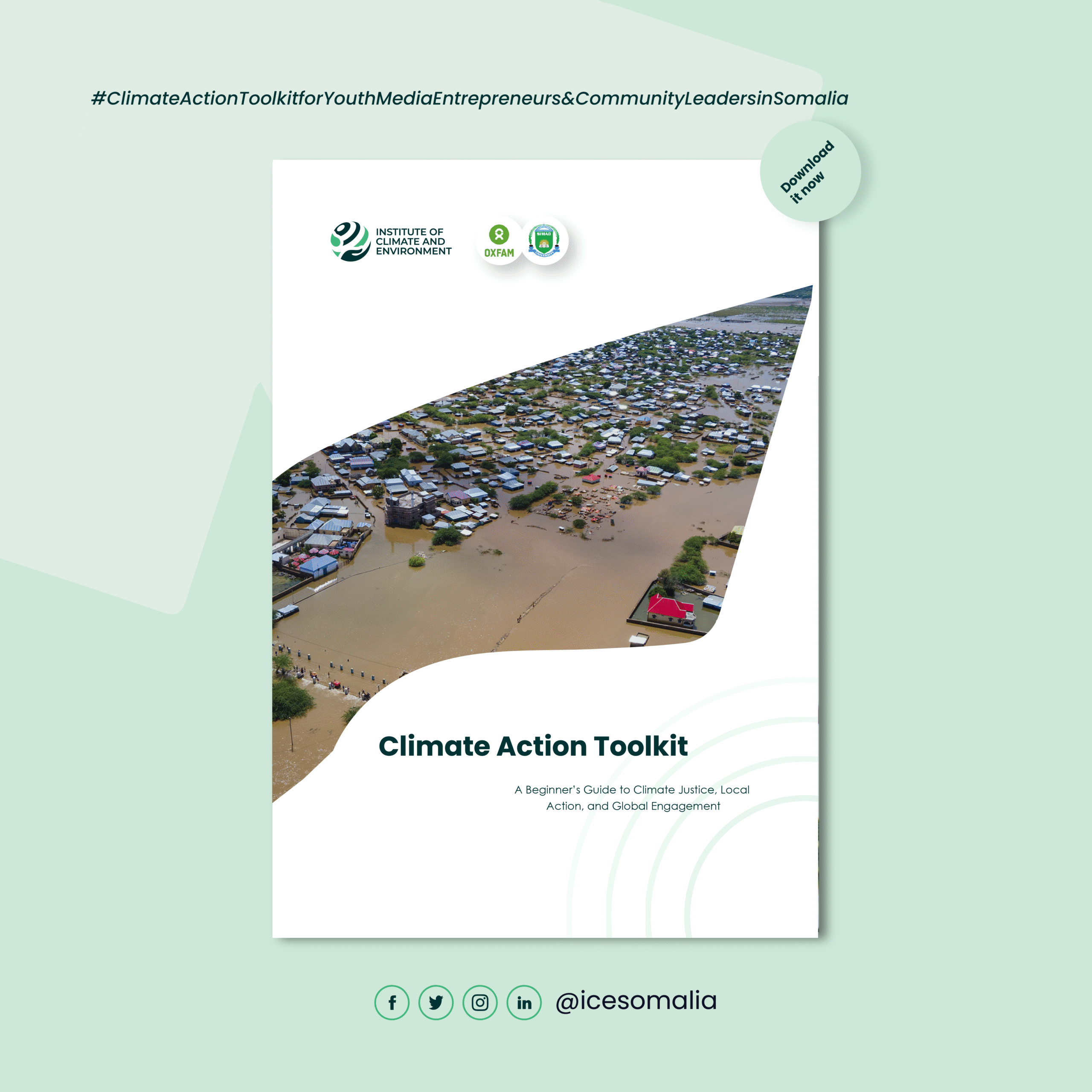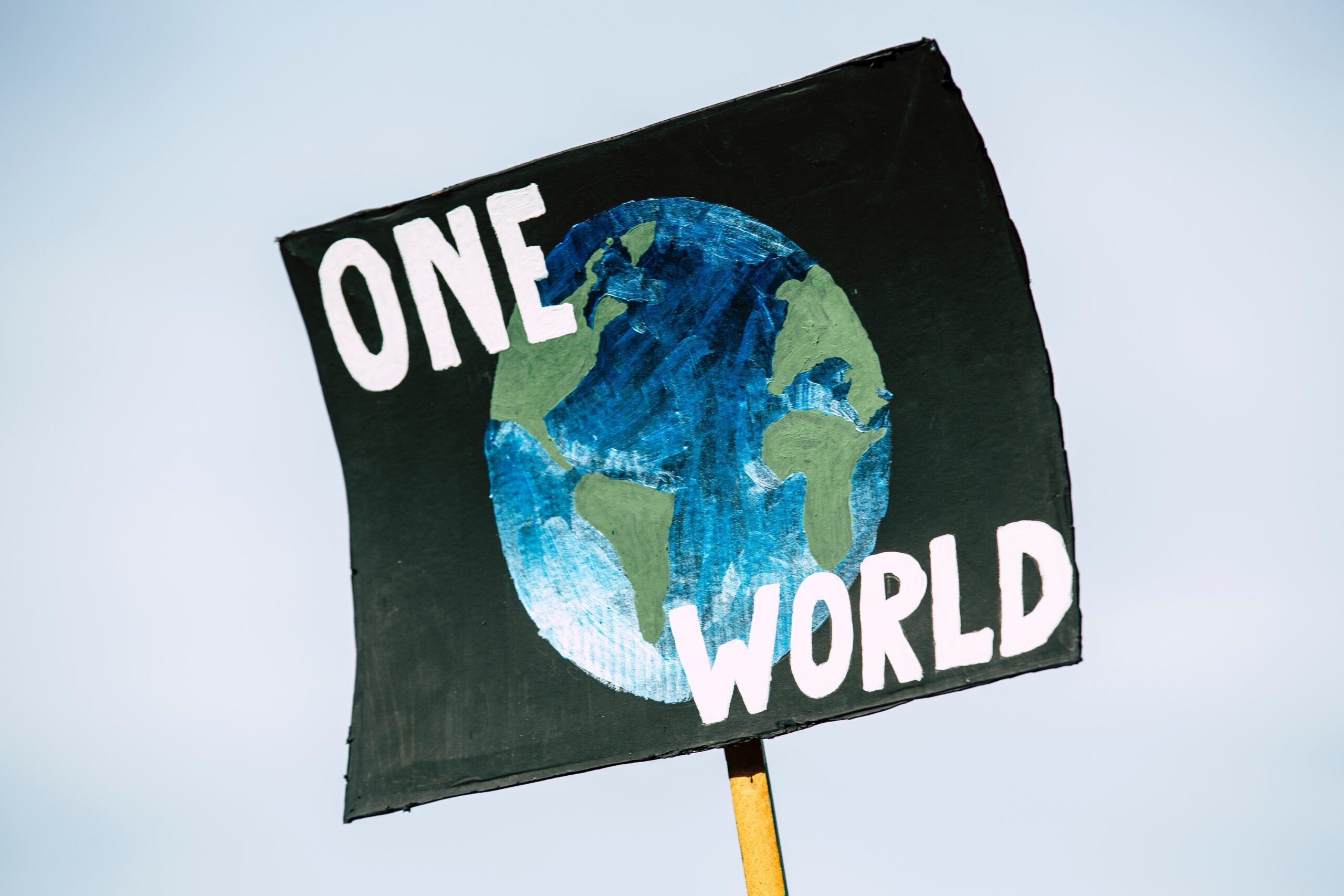
Fireside chat: Beating Plastic Pollution: Lessons from around the world
A fireside chat event was held on June 27th by the ICE Institute (Institute of Climate and Environment) to discuss the global issue of plastic pollution. The director of the ICE Institute Mr. Okash gave the opening remarks to start off the event.
Mr. Okash underlined how urgent it is to address plastic waste In the Somali context as well as globally,. he highlighted the event as an opportunity to learn from international experiences and explore strategies that could be adapted to benefit Somalia’s efforts in combating this environmental challenge.
Following the director’s introduction, Mr. Liban Hassan took the stage to present lessons on beating plastic pollution from the Somali perspective. He shared insights into various initiatives and approaches that have been undertaken in Somalia to address this pressing issue.
Next, the event welcomed Dr. Ulrike Dingleiter, the Senior Climate Fellow at ICE. Dr. Dingleiter shared invaluable insights and ideas on tackling plastic pollution worldwide and explored strategies that Somalia could benefit from based on global experiences.
Dr. Dingleiter discussed three approaches used to address plastic pollution in different parts of the world. The first approach, observed in Brazil, involved incentivizing people to collect plastic and garbage by offering them bus tickets and food items from the local government in exchange. Dr. Dingleiter asked the audience whether they believed this approach could be successful in Somalia.
The first participant answered I don’t think this approach will work in Somalia, not because it is difficult, but because people did not see plastic pollution as a major problem. They are focusing on something more important to them as a major issue. So in order for this approach to work in Somalia, it needs to be understandable by the community first, and then it will work.”
Another participant said, “The strategy might succeed because people here are already gathering plastic waste and discarding it in the ocean, etc., merely to meet their necessities and lack of alternative options. So long as their needs are met if they complete this task, it might work.”
The second approach, observed in the Netherlands, involved the government mandating that markets and private sectors charge for plastic items, for example, consumers would have to pay for both their coffee and the plastic cup. Dr. Dingleiter did point out that the intended outcomes were not achieved with this strategy. Once more, she asked the audience to weigh in on whether this approach would work in the Somali setting.
The first participant responded by saying, “It is more challenging than the previous approach. It is less effective since it might work in certain neighbourhoods but not in others.
Another participant stated: “The previous strategy was ‘win-win,’ but this one is ‘win-lose.'” Although it will function, it won’t be as successful as the first strategy.”
Under the third strategy, which was implemented in Germany, businesses took the initiative to set up their own methods for disposing of plastic packaging. This strategy put the burden of responsibility on businesses, the government, and the general public because it forced them to separate their garbage into various packaging categories. Dr. Dingleiter asked the audience again about this strategy’s possibility in Somalia. [Make room for remarks from the crowd]
The first participant said of the third strategy: “It will not work here easily, but it can be adaptable because people here used to separate garbage. It is also important to mention that to work this approach in Somalia, it will need gradual movement because, as you said earlier, you have learned how to do the whole thing in the kindergartens. As the country develops within five to ten years, adding those kind of policies will be a good option.”
An another participant stated” The first strategy is rather simple and might be effective. However, it will take a long time for this strategy to be effective in Somalia. “
The event concluded with closing remarks by Dr Najib Isse Dirie, the acting rector of SIMAD University, who emphasized the importance of collective action and shared responsibility in addressing the global challenge of plastic pollution.
